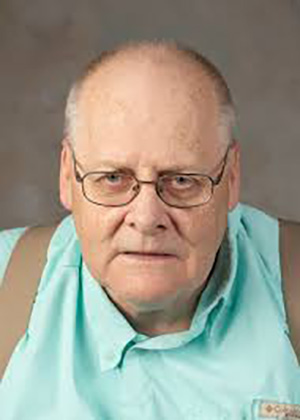By Greg Markley
It’s easy for readers to buy a book when their favorite author, entertainer or sports hero is the focus. But what about times when you seek a new book, either fiction or non-fiction? You likely have not read anything or saw any publicity about it before you entered the store, or searched Amazon to buy a book online. Editors who develop book titles suggest using puns, double meanings, word play or humor to describe a book.
For example, I read where an editor said she would jokingly write a memoir titled “The Road Unraveled.” That would remind shoppers of the 1978 book by psychiatrist M. Scott Peck, an international sensation: “The Road Less Traveled.” The title of a book should tell its potential readers what to expect.
Alison Taylor elaborated on this in a 2014 article for pictures and stories.com, “Choosing a Title for your autobiography.” The editor explained that for instance, if an autobiography is titled “Well, That Didn’t Work,” it means the memoir showcases a risk-taker with humor.
Taylor took original titles from well-known books before they were revamped. “Which ones would you pick up,” Taylor notes. “Do you think it was the right call to retitle?” Pride and Prejudice by John Steinbeck would have been the boring Something that Happened. Ernest Hemingway’s The Sun Also Rises was at first the insufficient Fiesta. And Stranger from Within would have been less tantalizing as a title than Lord of the Flies, William Golding’s masterpiece.
“I’m not sure if these novels would have gone on to be successful and well-known,” Taylor continued. “That’s not a knock against the story but instead an argument for a strong title – one that gives your readers an incentive to open your book in the first place.”
It is not only with books that a title carries a lot of weight, it affects movies and TV shows as well. The 1994 movie The Shawshank Redemption received a 91% rating with critics and 98% average from audiences, said Rotten Tomatoes.com. Online magazine Collider wrote that ABC’s Happy Endings “ran for three seasons before the network pulled the plug, but it also suffered from the hallmarks of a terrible TV title. Its title had nothing to do with the series.”
I maintain that a title distracts from its appeal by having too many words, instead of a short, overarching one. Yet longer titles are often perfect for nonfiction stories that need more introductory words for their titles. For instance, The Stranger in the Woods: The Extraordinary Story of the Last True Hermit, by Michael Finkel. It describes the adventurous life of Christopher Thomas Knight, who lived by himself in the Maine woods for 27 years.
In Unbroken: A World War II Story of Survival, Rescue and Redemption, Laura Hillenbrand tells the story of Louis Zamperini, an Olympic runner who was captured as a POW by the Japanese and endured two and a half years of hell. Partisan books unnecessarily use too many words or examples. They argue that such-and-such is all due to X, Y and Z’s fault. These political books are weak in research and heavy in hate. Don’t waste time and money on them.
An example of a good choice of words for a title is Rosemary: The Hidden Kennedy Daughter by Kate Clifford Larson. Most Kennedy family members had a high-profile life but Rosemary had a failed lobotomy and did not see her siblings for 20 years. Thus, the “Hidden” in the title draws more interest than detailing the achievements and parties of the Kennedys.
In biographies and non-fiction, a one or two-word title will suffice if the subject is a giant such as Napoleon Bonaparte. Just his first name or that of Winston Churchill, are enough to appeal to browsers even at home alone shopping. Sometimes a two-word title is appropriate, such as with Alexander Hamilton. He was not as well-known as other Founding Fathers until Ron Chernow’s book appeared and a phenomenally successful play followed.
Many people have withdrawn from reading physical books, whatever the title. But the digital book industry faltered in 2019, from $771 million to $800 million the year before (in eight months, though; not twelve.) Hard copy book sales comprise up to 80% of all total book sales. What triggers a book is advertising but also the feelings about a book generated by its name.
Greg Markley first moved to Lee County in 1996. He has Masters’ in education and history. He taught politics as an adjunct in Georgia and Alabama. An award-winning writer in the Army and civilian life, he has contributed to the Observer for 10 years. gm.markley@charter.net


